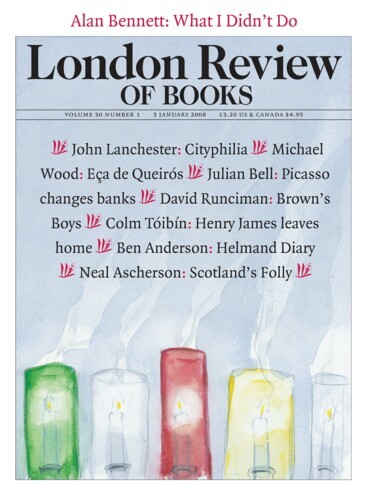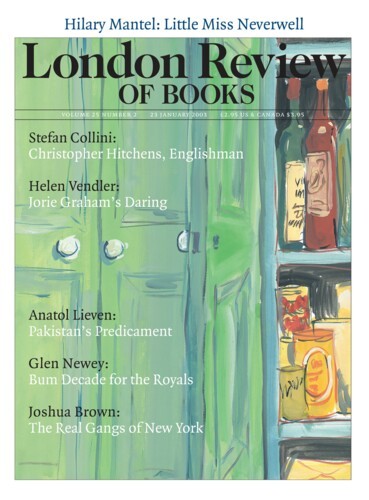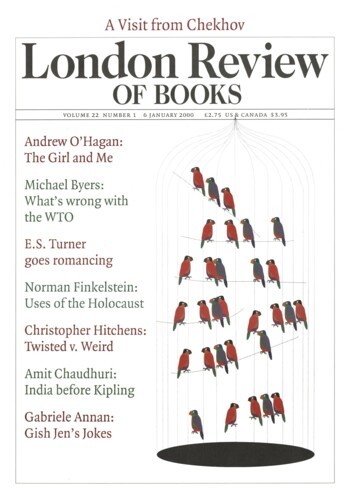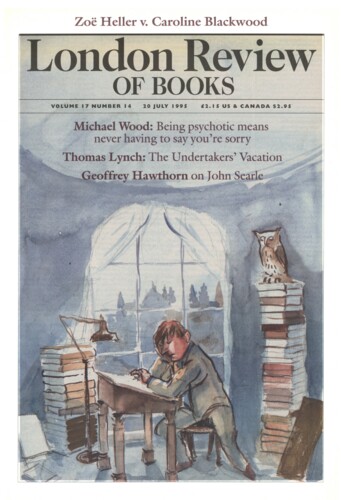I’ve been to Paris a lot in the last year or so. When I get offered DJ gigs in the city, I usually say yes and, if possible, stay for an extra day or three. At the time of the terrorist attacks in the 10th and 11th arrondissements a year ago I was at home in Manchester, but I know the area quite well. In 2010 I saw Trentemøller perform at the Bataclan. A journalist working for Les Inrocks, a French magazine I sometimes write for, was murdered in the theatre. A club promoter I met in 2013 lost seven friends at one of the bars.
Dave Haslam
Dave Haslam is a former Hacienda DJ, now a radio broadcaster on XFM and the author of Manchester, England: The Story of the Pop Cult City and Young Hearts Run Free: The Real Story of the 1970s.
77 Barton Street: Joy Division
Dave Haslam, 3 January 2008
In the 1970s and 1980s, journalists and TV producers looking to capture the full extent of Britain’s industrial and manufacturing decline would go to Manchester in search of empty warehouses, derelict workshops and canals clogged with debris. During the same period of post-industrial ruin, several influential bands formed in the city – The Fall and Joy Division in the late 1970s,...
Strangeways Here We Come: Ecstasy
Dave Haslam, 23 January 2003
The 1990s were characterised by the astonishing market penetration of products such as mobile phones, Microsoft Windows and Starbucks coffee shops, but an even more remarkable example of booming sales and global spread is the massive rise in the consumption of Ecstasy. In 1988 Ecstasy was a secret; now it’s a cliché. In the first few months of 1988 the number of Ecstasy tablets...
What the Twist Did for the Peppermint Lounge: club culture
Dave Haslam, 6 January 2000
The artistic and creative importance of hip hop, house and techno has been clear for over a decade, but its more recent commercial strength has made dance music unignorable. Money talks. Hip hop was recently the subject of a three-part TV series which made much not just of the creativity and longevity of the music – it had its origins in New York in the late Seventies – but also its current position as the highest grossing music genre in the world. In Britain, big business has profited from the cultural changes brought about by the ‘rave revolution’: during the Nineties dance music magazines have gone from being small subscriber-only affairs to paper shop bestsellers; a premier league of DJs have made fortunes; some nightclubs have become brands worth millions of pounds, others have been catalysts in the regeneration of British cities (the Hacienda in Manchester and ‘Cream’ in Liverpool being the two clearest examples). So much has changed that the leading lights in dance music – especially top DJs – who were once considered outsiders in the music business have become a new establishment, holding on determinedly to their powerful positions but ripe for removal; like those who controlled the Light Programme in the years before rock’n’roll.’‘
Punk-U-Like
Dave Haslam, 20 July 1995
Pop music in Britain is almost forty years old. By 1957 ‘Rock around the Clock’ had opened a generation gap, London-based record labels like EMI, Decca and Pye had started to refine the art of hit-making, and Manchester had an import record shop bringing American rhythm and blues direct to Northern youth. By the mid-Sixties Jamaican sound systems in South London, Birmingham and the North of England were playing the bluebeat and ska records that marked the ripening of reggae. In 1964, while rock ‘n’ roll, soul, rhythm and blues, and beat music were mutating into vying forms, and laying down roots in British cities, Brian Epstein had taken the Beatles over to America, and the Beatles had taken over America.
Pieces about Dave Haslam in the LRB
Bringing Down Chunks of the Ceiling: Manchester, England: The Story of the Pop Cult City by Dave Haslam
Andy Beckett, 17 February 2000
On Tib Street in the centre of Manchester, in the part of the city keen to promote itself as the Northern Quarter, a new delicatessen recently opened. According to its website, Love Saves the Day...
Read anywhere with the London Review of Books app, available now from the App Store for Apple devices, Google Play for Android devices and Amazon for your Kindle Fire.
Sign up to our newsletter
For highlights from the latest issue, our archive and the blog, as well as news, events and exclusive promotions.





